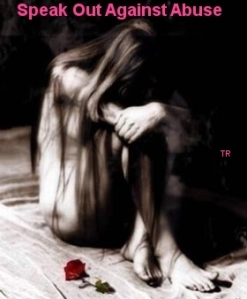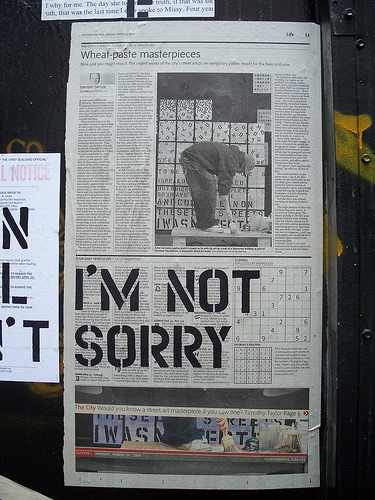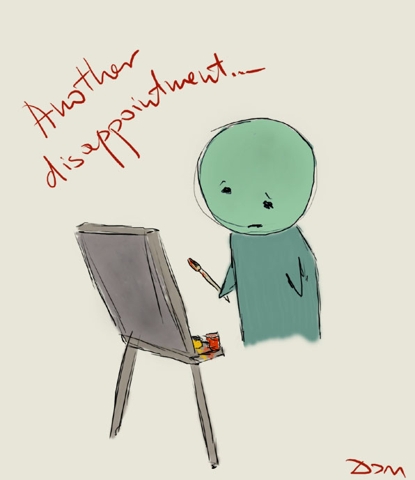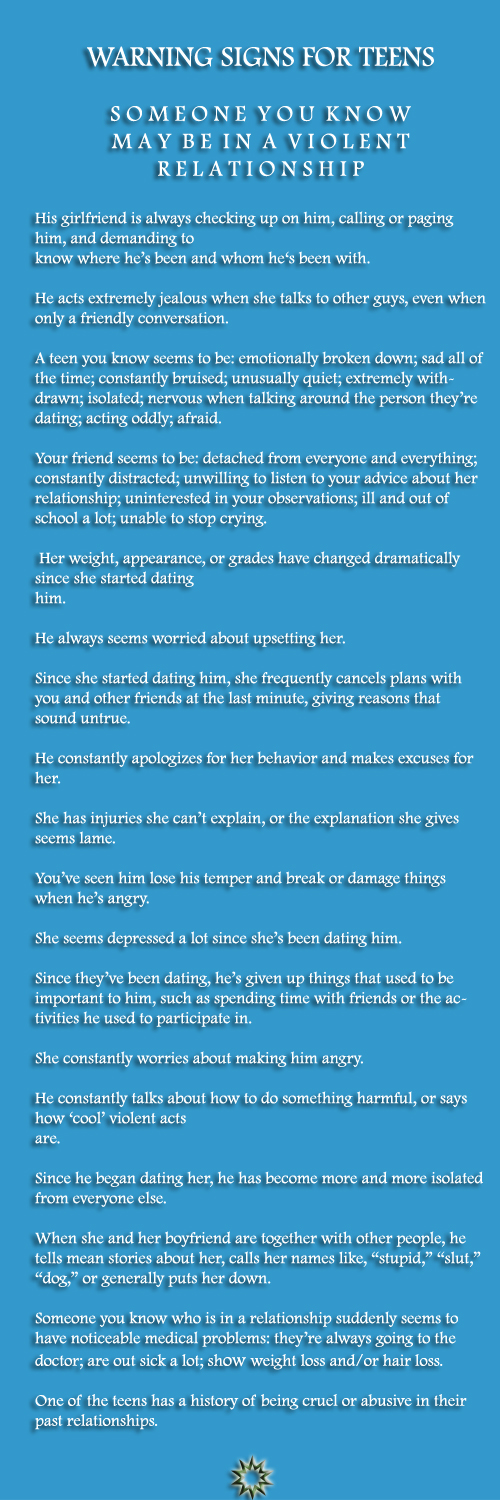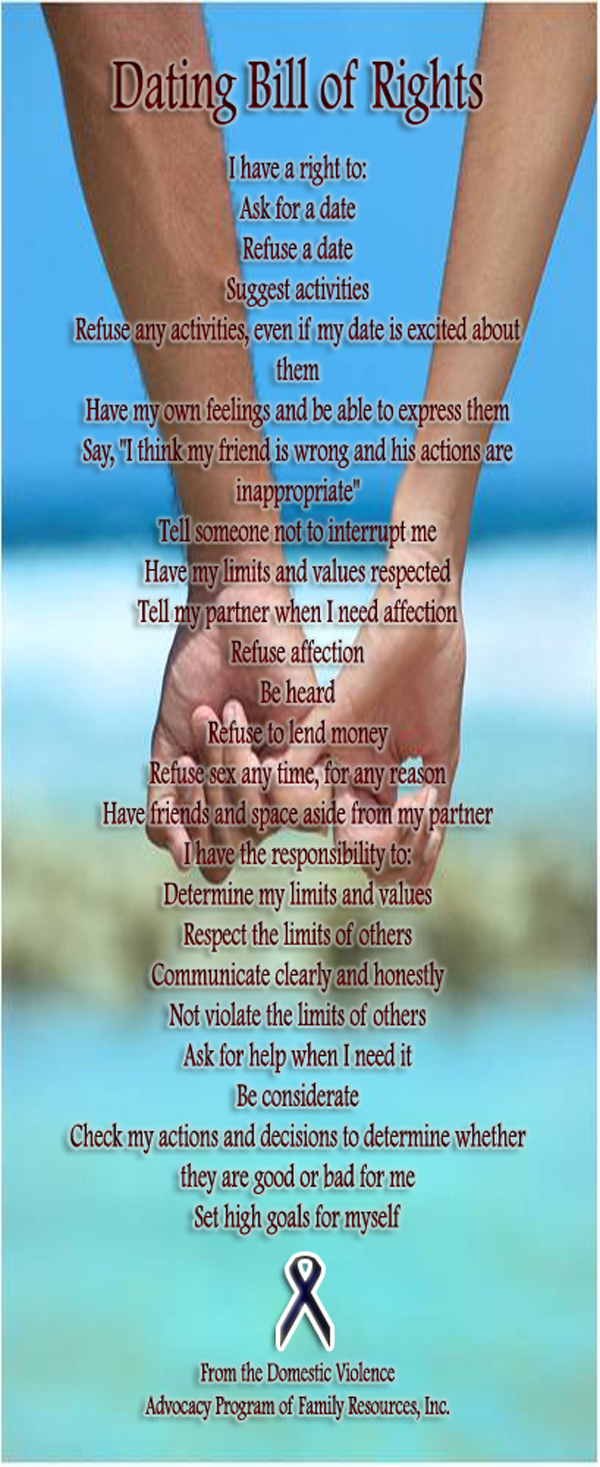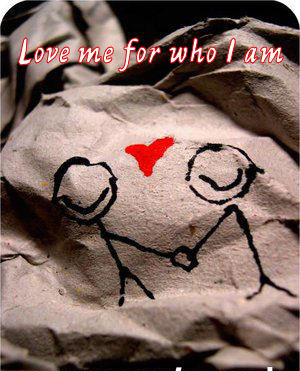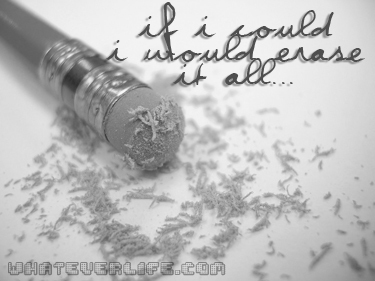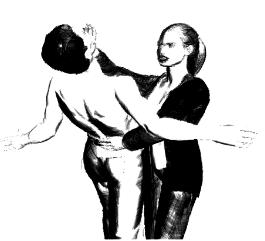
Dr. Steven Stosny
…. continued
Very Early Warning Sign # 4 Superiority
Superiority is the implication, at least through body language or tone of voice, that someone is better than someone else. Potential abusers tend to have hierarchical self-esteem, i.e., they need to feel better than someone else to feel okay about themselves. They need to point out ways in which they are smarter, more sensitive, or more talented than others. This, too, can be seductive in dating, as he will point out ways in which you are superior, too.
The most abusive form of hierarchical self-esteem is predatory self-esteem. To feel good about themselves, persons with predatory self-esteem need to make other people feel bad about them-selves. Many will test high in self-esteem when they come for court-ordered treatment, while everyone else in their family tests low. But once intervention increases the self-esteem of the emotionally beaten-down spouse and children who then no longer internalize the put-downs, the predator’s self-esteem invariably declines.
A variation on this very early warning sign is self-righteousness. If you dare to disagree with him, you will not only be wrong but immoral!
Very Early Warning Sign #5: Pettiness
If he makes a big deal out of nothing or focuses on one small, negative aspect of an issue, a relationship with him will be disastrous. This might show itself as being extremely particular about how his food is prepared in a restaurant or seeming impatient if someone drops something.
In a love relationship, his petty attitudes and behavior will make you feel reduced to some small mistake, as if nothing you have ever done right in your life matters. You will feel criticized and diminished for the smallest of infractions, real or imagined.
Very Early Warning Sign #6: Sarcasm
Sarcasm comes in many forms. Sometimes it’s just poorly-timed humor – saying the wrong thing in the wrong context. Sometimes it’s innocently insensitive, with no intention to hurt or offend. More often it is hostile and meant to devalue. The purpose is to undermine a perspective the sarcastic person doesn’t agree with or to shake someone’s confidence, just for a temporary ego gain or some strategic advantage in a negotiation.
Sarcastic people tend to be heavy into impression management, always trying to sound smart or witty. Their tone always has at least a subtle put-down in it. In dating this will be directed at others. In a relationship, it will center on you.
Very Early Warning Sign #7: Deceit (intentional and unintentional)
Unintentional deceit happens all the time in dating, due to what I call the “dating self.”
We all try to put on the best face possible in dating. Most of us will exaggerate our good qualities at least a little, if we think the other person will like us more if we were just a bit more like that. “Oh, you’re religious? Well I’ve been feeling a bit more spiritual lately, so I’m going right home and read the Bible, or at least watch the movie version.”
This kind of unintentional exaggeration is meant less to deceive than to motivate the self. The exaggerator really wants to develop qualities you like; he’s just not quite there, yet.
Of course, the dating self often includes blatant deception, as in, “Oh, did I tell you that I went to Harvard?” or, “Yes, I know some rich and famous people.” Deceit shows a low level of self-respect — and respect for you — that can only bode ill in a relationship.
Very Early Warning Sign # 8: Minor Jealousy
Minor jealousy does not come off like the obvious red flag of controlling and possessive behavior.
It looks more like this: He’s slightly uncomfortable when you talk to or even look at another man. He might not say anything, but he looks uncomfortable.
The tough thing about minor jealousy in dating is that you actually want a tiny bit of it to know that they other person cares. (You certainly don’t want to love someone who wouldn’t mind at all if you slept with the entire football team.) But a little bit of jealousy goes a long, long way. Think of it as a drop of powerfully concentrated liquid in a huge bucket of water. More than a tiny drop will poison any relationship you might develop with the jealous person and, more important, put you in harm’s way.
Even minor jealousy has the potential to be harmful. Jealousy becomes dangerous once it turns into obsession. The more we obsess about something, the more imagination takes over, distorting reality and rational thinking. Jealousy is the only naturally occurring emotion that can cause psychosis, which is the inability to tell what is really happening from what is in your head. Most severe violence in relationships involves some form of jealousy.
Very Early Warning Sign # 9: Rusher
I have had clients complain that their boyfriends don’t pursue them or try to sweep them off their feet. I always tell them, “How lucky you are!”
Guys who go “too fast” (defined as whatever makes you uncomfortable), do not respect boundaries. One definition of “abuse” is “that which violates personal boundaries.” It is not flattering that someone wants you so much that he does not care about whether you are comfortable. Make sure that any man you become interested in shows respect for








